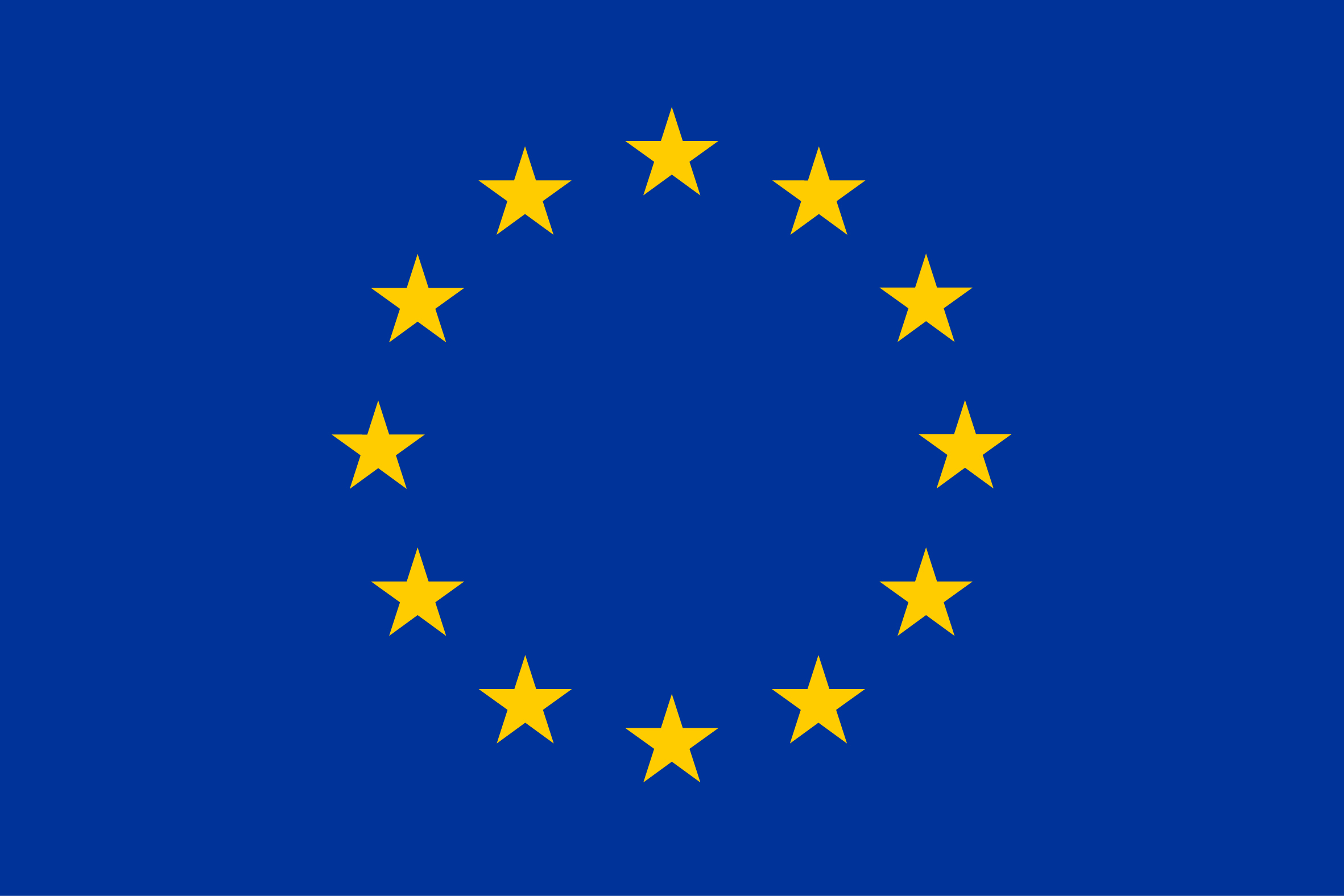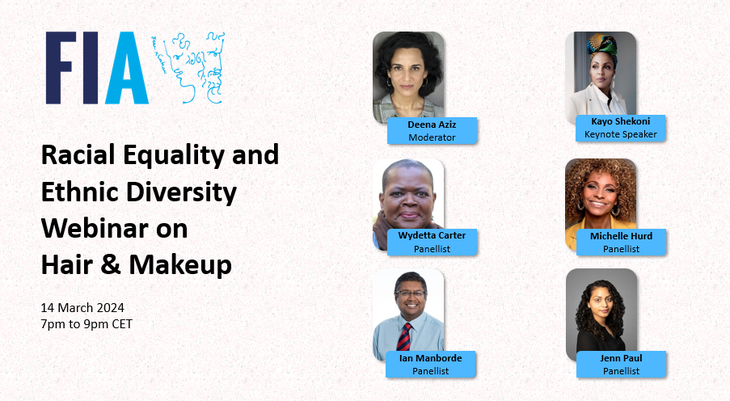Collective bargaining for self-employed, freelance performers has long been hampered in Europe by the application of European Competition rules. Furthermore, the threat of action from national Competition Authorities has had significant chilling effect on such collective bargaining, with social partners reluctant to engage in bargaining without legal certainty about its status.
FIA and its member unions have long made the case for collective bargaining as the best instrument for the raising of standards and achievement of decent and sustainable working conditions for freelance performers and other cultural workers, recalling the fundamental right of self-employed workers to collective bargaining and freedom of association. We have joined hands with our sister unions in the Media, Arts and Entertainment sector and through the Atypical Workers project series, we have worked to raise awareness about this problem and develop robust legal arguments, with the invaluable support and input of labour law experts. These ongoing efforts have been rewarded: new guidelines make it clear that competition law based restrictions on the right of self-employed people to bargain collectively for fair pay and working conditions are to be lifted.
On the 29th of September 2022, the European Commission adopted guidelines which make it clear that EU competition law does not stand in the way of solo self-employed workers engaging in collective bargaining. In doing so, the Commission has recognised the weak bargaining position of solo-self-employed workers and the need for collective bargaining in order to be able to meaningfully influence conditions for work. Thus trade unions acting in their collective interest may no longer be treated as cartels. Collective bargaining for the solo-self-employed, primarily providing their own labour, may not be considered as price-fixing. The new guidelines apply to both offline and online work, meaning that also workers on digital labour platforms can organise and bargain collectively, independently of whether they are presumed to be employed or self-employed. As digital work in the Media, Arts and Entertainment sector continues to expand and evolve, this is an important recognition.
The new Commission guidelines open the door for self-employed performers to collectively improve their working conditions. The process of collective bargaining will naturally lie with trade unions at national level and work is needed to take up this opportunity. FIA will work closely with its sister unions and affiliates to support this work, raising awareness on the new possibilities opening up for unions.
Read the Communication from the commission Guidelines on the application of Union competition law to collective agreements regarding the working conditions of solo self-employed persons 2022/C 374/02 in all EU languages available to download here.





